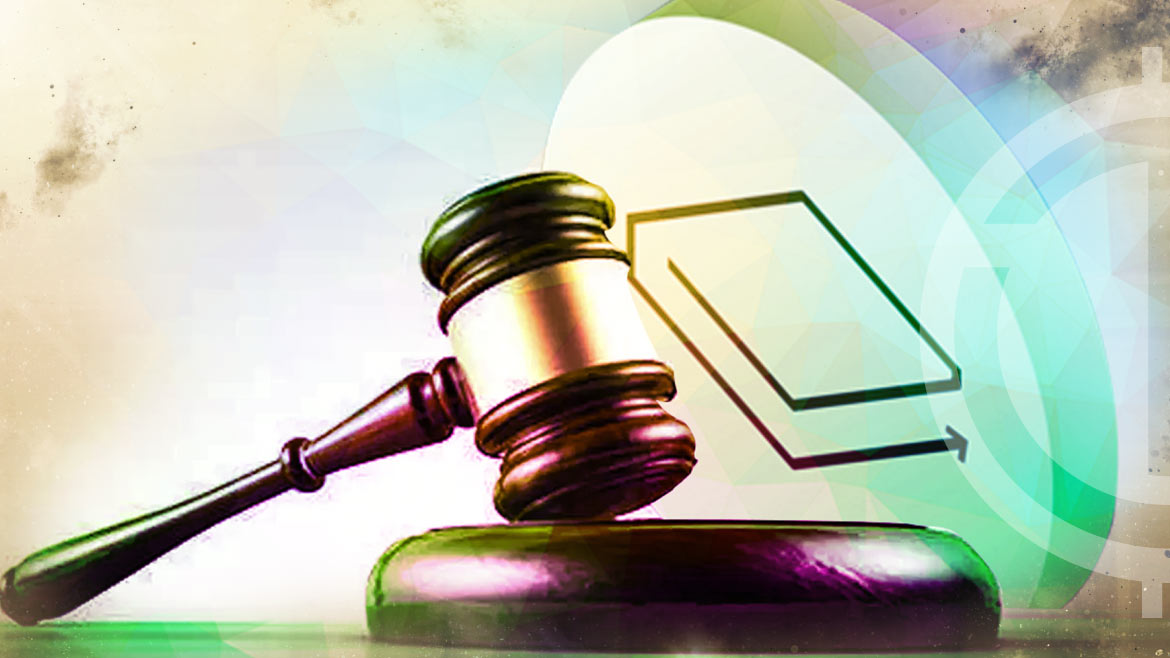In the LBRY (LBC) case, the U.S. Securities and Exchange Commission (SEC) lawyers reportedly “concede on the record that secondary market sales of $LBC tokens do not constitute a security.” Applauding the fight for the cryptocurrency community that John E. Deaton, Attorney & Founder, CryptoLaw.U.S., is fighting, FOX Business Journalist Eleanor Terrett tweeted:
Takeaways:
— Eleanor Terrett (@EleanorTerrett) January 30, 2023
1. The @SECGov lawyers in the @LBRYcom case conceded OTR that secondary market sales of $LBC tokens do not constitute a security.
2. No one fights harder for the crypto community than @JohnEDeaton1. Imagine how easy the SEC would have it if it weren’t for him? https://t.co/ad9xOGDfeN
Representing as the amici’s counsel for LBC Credits’ Naomi Brockwell, in the said SEC vs. LBRY case, John Deaton shared the insights quote-tweeting CryptoLaw.US’ Twitter broadcast. Deaton explained the concluded remedies hearing at the Warren B. Rudman United States Courthouse, New Hampshire, acting as amici counsel to tech journalist Naomi Brockwell.
Sharing the Twitter broadcast titled “LBRY Hearing: The Stakes for All Crypto,” CryptoLaw.US tweeted:
LBRY Hearing: The Stakes for ALL Crypto https://t.co/YPbrBkw0Od
— CryptoLaw (@CryptoLawUS) January 30, 2023
Deaton clarifies there were two amici filings in this case after the decision on summary judgment.
While one filing emanates from the Investors Choice Network, LLC., the other filing was made by John E. Deaton on behalf of Naomi Brockwell. Deaton states Brockwell didn’t purchase but acquired LBCs, and never sold them either.
After acquiring the LBCs, Brockwell utilized the LBRY blockchain, and she used to stake the LBCs. She used them as a utility token, but didn’t initially know those tokens had a monetary value, says Deaton. He says Brockwell’s act was not directed towards accessing an investment contract or a security, but merely being a platform user.
Deaton maintains while the judge’s decision states LBRY violated the law, it doesn’t address the consumption or secondary market sales. This makes the decision open and vague, prompting Deaton and Brockwell to file an amicus brief as the SEC was seeking an injunction.
Managing Partner of the Deaton Law Firm went on to reference commercial contract lawyer Lewis Cohen’s article that analyzed all the post-Howey security cases in the U.S. In Cohen’s United States’ security cases’ analysis, it comes to light that the underlying asset is not deemed to be a security by any court ever.
Deaton explains, The article says that your decision reads like you could be saying that LBC is security in itself. Judge, if you don’t mean that, then we need to clarify [it].
The judge then, per Deaton, rejected applying an injunction to LBRY users. Attorney Jeremy Hogan, Partner, Hogan and Hogan (law firm), appreciated Deaton’s win tweeting:
First word from the SEC v. LBRY hearing:
— Jeremy Hogan (@attorneyjeremy1) January 30, 2023
The SEC admitted on the record that the token itself is not a security.
Good job Mr. Deaton! https://t.co/tRXIQs5SSu
To seal the discussion on a positive note, LBRY (and its community) tweeted a message for the SEC:
important message from our supporters pic.twitter.com/Qjhvb5OmYe
— LBRY 🚀 (@LBRYcom) January 31, 2023






